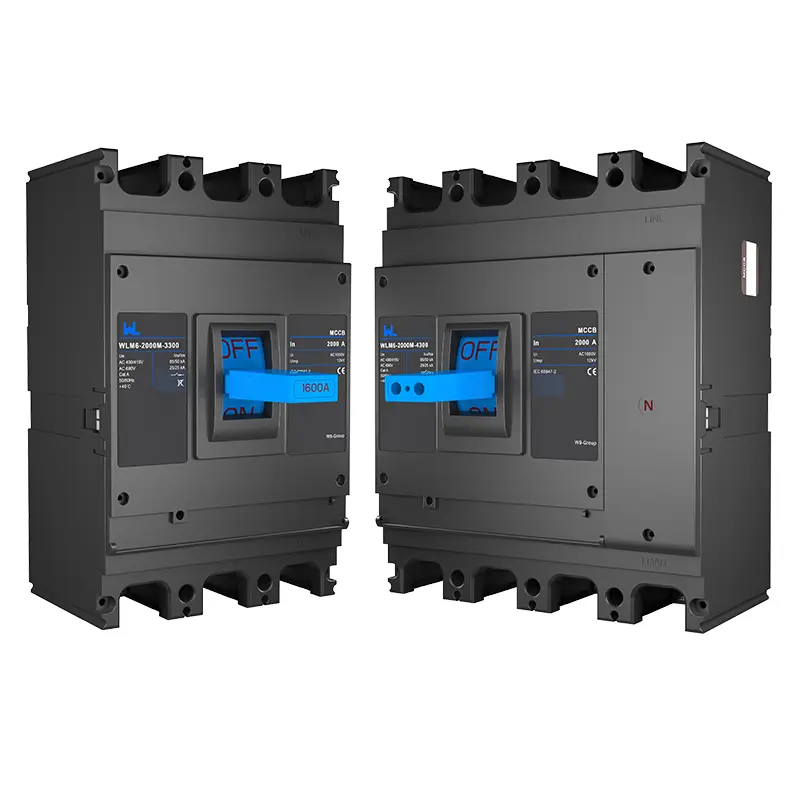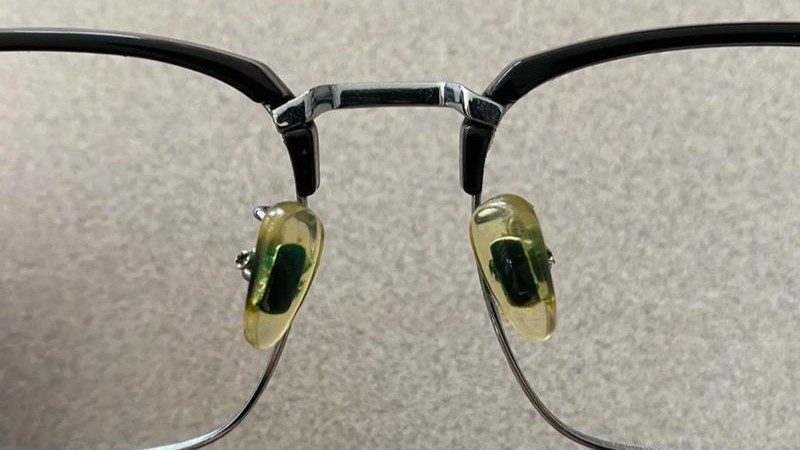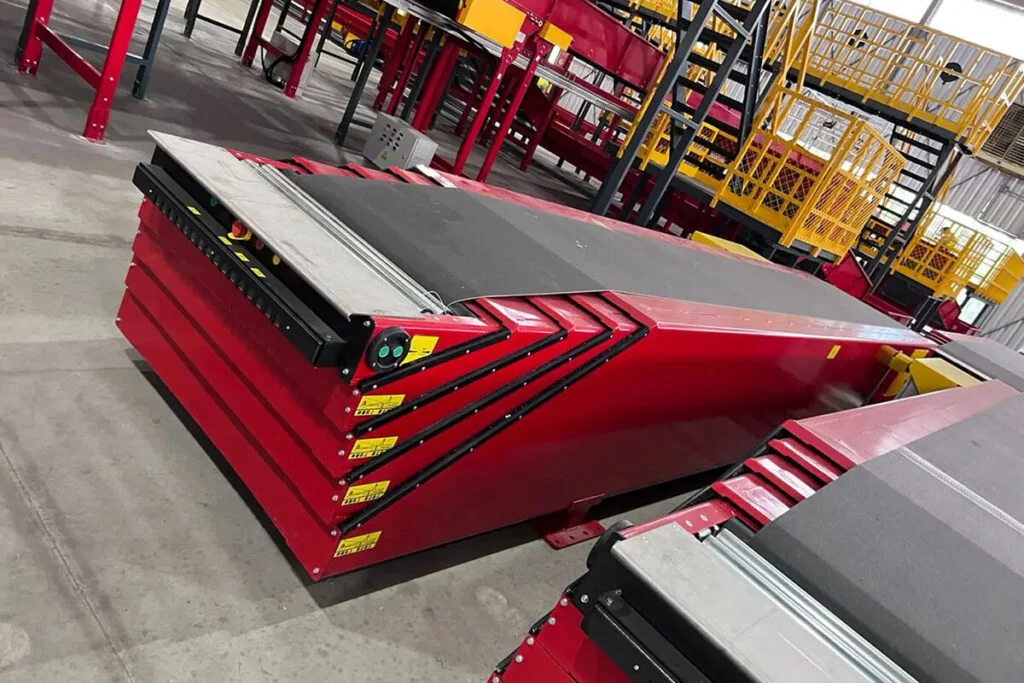Electrical safety is paramount in both residential and industrial settings. The risks associated with electrical faults, including electric shocks, fires, and equipment damage, require robust protection mechanisms. One of the most essential safety devices used in modern electrical systems is the Residual Current Operated Breaker (RCOB). These devices play a crucial role in detecting and responding to electrical faults, ensuring that electrical systems operate safely. This article explores the benefits of RCOBs in maintaining electrical safety, highlighting their role in preventing electrical hazards and enhancing system reliability.
What is an RCOB?
An RCOB (Residual Current Operated Breaker), also known as a Residual Current Circuit Breaker (RCCB), is a safety device that automatically disconnects a circuit when it detects an imbalance between the live (hot) and neutral wires. This imbalance, known as residual current, usually occurs when electricity leaks to the earth through faulty appliances, damaged insulation, or other wiring issues. The RCOB detects this leakage and instantly shuts off the electrical supply to prevent potential harm to individuals and property.
Why Are RCOBs Important for Electrical Safety?
1. Protection Against Electric Shock
One of the most significant benefits of an RCOB is its ability to protect people from electric shock. Electrical shock can occur when a person comes into contact with faulty appliances or damaged wiring. If a person becomes part of the circuit path due to an earth leakage, the RCOB will detect the residual current and immediately disconnect the power supply, significantly reducing the risk of injury or death.
- Immediate Action: RCOBs respond quickly to leakage currents, often disconnecting power within milliseconds, which is crucial in preventing serious electric shocks.
- Highly Sensitive Detection: Even small leakage currents (typically 5mA or higher) are detected by RCOBs, making them highly effective in protecting people in a variety of environments, especially where moisture or conductive materials are present.
2. Preventing Fires
Electrical faults, including earth leakage and overloads, are a leading cause of electrical fires. Overheated wiring or faulty appliances can ignite nearby combustible materials, causing devastating fires. An RCOB helps prevent these by detecting abnormal leakage currents and disconnecting the power supply before the situation escalates into a fire hazard.
- Leakage Current Detection: RCOBs can identify even minor leakage currents that could lead to overheating of the electrical components or wiring. By disconnecting the circuit, they prevent these hazards from developing into fires.
- Overload Protection: While RCOBs primarily protect against earth leakage, they also provide some protection against overload conditions by ensuring that faulty circuits do not continue to operate under hazardous conditions.
3. Enhancing Equipment Protection
In addition to protecting people, RCOBs also play an important role in protecting electrical equipment. Many electrical devices are sensitive to voltage fluctuations, leakage currents, and overheating, which can cause damage over time. By ensuring that circuits are disconnected when leakage or faults are detected, RCOBs help extend the lifespan of sensitive equipment and reduce the risk of expensive repairs.
- Protecting Sensitive Appliances: Appliances such as refrigerators, air conditioners, and computers are vulnerable to power surges and earth leakage. RCOBs can detect leakage currents and prevent these appliances from being damaged by unsafe electrical conditions.
- Preventing Equipment Failures: By acting as a safeguard against electrical faults, RCOBs help ensure that critical systems and devices in industrial, commercial, and residential settings remain operational and protected from long-term damage.
4. Compliance with Safety Standards and Regulations
As electrical safety regulations evolve, the use of RCOBs has become mandatory in many regions for certain types of installations. International standards, such as the International Electrotechnical Commission (IEC) and national regulations like the National Electrical Code (NEC), often require the installation of RCOBs in specific applications to reduce the risk of electrical accidents.
- Mandatory in High-Risk Areas: RCOBs are commonly required by law in areas where the risk of electrical shock is higher, such as bathrooms, kitchens, and industrial environments where moisture or conductive materials are present.
- Building Codes and Safety Standards: Compliance with building codes and electrical safety standards is critical for ensuring that electrical systems are safe and reliable. Installing RCOBs ensures that electrical systems meet these codes and maintain high safety standards.
5. Cost-Effective Protection
Compared to other safety devices, RCOBs are a cost-effective solution for ensuring electrical safety. Given their role in preventing serious accidents, fires, and equipment damage, they provide excellent value for money by reducing the potential for expensive repairs, medical bills, and property damage.
- Affordable Safety Measure: RCOBs are relatively inexpensive compared to other protection devices, making them a cost-effective way to enhance electrical safety in both residential and commercial environments.
- Long-Term Savings: The protection provided by RCOBs can lead to long-term savings by preventing costly damage to appliances, reducing the risk of fire, and avoiding the need for expensive repairs.
6. Easy to Install and Maintain
RCOBs are designed to be simple to install and easy to maintain. They can be installed in existing electrical circuits or as part of new installations. In many cases, RCOBs can be retrofitted to older systems without major rewiring or disruption.
- Simple Installation: RCOBs are designed to be installed in distribution boards or consumer units. They are compatible with standard electrical wiring and can be easily integrated into most systems.
- Low Maintenance: Once installed, RCOBs require minimal maintenance. Regular testing is recommended to ensure proper functionality, but they do not need frequent servicing, making them low-maintenance devices.
7. Versatility in Applications
RCOBs are versatile and can be used in a wide range of applications, including residential homes, commercial buildings, and industrial facilities. They can be applied in environments where electrical safety is critical, such as:
- Residential Installations: Protecting family members from electrical shock and preventing electrical fires.
- Commercial Buildings: Ensuring the safety of employees, customers, and equipment in offices, retail spaces, and other public places.
- Industrial Settings: Protecting workers and machinery in high-risk environments such as factories, workshops, and construction sites.
8. Enhancing System Reliability
By protecting circuits from faults and interruptions, RCOBs help enhance the reliability of electrical systems. Their ability to detect and respond to leaks and faults ensures that systems remain operational without unnecessary downtime.
- Automatic Circuit Disconnect: RCOBs automatically disconnect faulty circuits, reducing the likelihood of electrical systems going offline due to damage or faults.
- Consistent Operation: By preventing electrical hazards, RCOBs ensure that electrical systems continue to function reliably, providing consistent power supply to critical devices and equipment.
Conclusion
RCOBs are an indispensable part of modern electrical safety systems. Their ability to protect against electric shocks, electrical fires, and equipment damage makes them essential for maintaining the safety and reliability of electrical installations. In addition, their cost-effectiveness, ease of installation, and ability to comply with safety regulations make them an attractive option for a wide range of applications, from homes to industrial facilities.
By offering protection against both earth leakage and overload conditions, RCOBs provide a comprehensive solution for safeguarding people, property, and electrical systems. As electrical safety standards continue to evolve, RCOBs will remain a crucial component of any well-designed electrical safety system, helping to reduce risks and ensure the smooth operation of electrical infrastructure.




